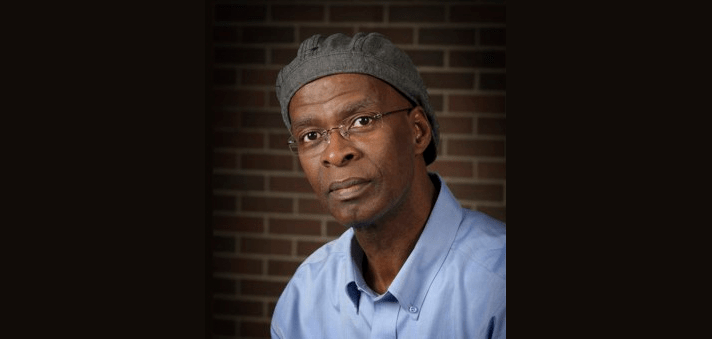Dennis Bayazitov | Assistant News Editor
Featured Image: Carl James is one of the few people focusing on issues facing black male youth in the GTA. | Courtesy of University of Wisconsin-Madison
The sixth Annual International Colloquium on Black Males in Education ran last week from October 3 to 6. Its aim was to assemble policy makers, funders, world-class academics, students, and citizens to generate discussion and ideas that will be implemented that will improve the experiences of Black males worldwide.
Colloquium participants discussed educational challenges that Black students face, extending innovative solutions in different disciplines, to consider how globalization and internalization of education can negatively impact Black males.
“It was quite impressive to be in a room with so many high-profile, educated Black men—mostly professors—who are looking for ways to assist young men,” says keynote presenter Michael Coteau, Minister of Children and Youth Services, Minister Responsible for Anti-Racism, and MPP of Don Valley East.
York professor and Jean Augustine Chair in Education, Community, and Diaspora Carl James also spoke at the event.
“I think Torontonian parents, community members, teachers, and others have been concerned about how we should address the academic situation of Black students and Black males in particular,” says James. “The colloquium focused on this and it became something that people started talking about.”
In his keynote, James referenced his recent report Toward Race Equity in Education, which studies the schooling of Black students in the GTA, further looking at how sports are used as a means of engaging Black male students, encouraging them in their academic work, and helping them consider how they could win scholarships to York.
“Of course, the most pressing issue in Toronto is how to change the trajectory of the students in the Toronto District School Board (TDSB)—which is the only data we have—but I’m confident that it’s quite the same with Catholic schools and all the other school boards around here,” James adds. “If you look at some of the results that would have come out of the TDSB, the expulsion and suspension rates of Black students are significant.”
“There’s a necessary urgency for addressing that,” he says.
After speaking on why the issue was important to him, having grown up as a Torontonian Black male with personal challenges, Coteau spoke primarily about what further work is necessary for Ontario to better position Black youths for success. Specifically, he spoke around the Anti-Racism Directorate and the Black Youth Action Plan, which is part of the Youth Opportunity Plan for Ontario.
“I think that there’s a need for more leadership in regards to the youth violence and death of Black males here in Toronto,” Coteau says. “One of the numbers I shared—according to the latest numbers I’ve seen—is that about 160 youth-aged individuals have been murdered in this city within the last decade. I’d love to see what the federal and municipal plans would look like.
“There is a need for more collaboration between the three levels of government to look at ways to address that issue.”
Several workshops, such as college-readiness workshops, were also organized in the hopes of inspiring Black youth to further consider their educational futures.
Coteau and James have worked closely together in the past, both during Coteau’s time on the school board as a trustee and also in serving as the minister of Children and Youth Services, where James also works on an advisory committee, which studies the ways in which to aid Black youths living in the city.
“There are few professors I’m aware of in Ontario that are specifically focusing on this type of research,” says Coteau.
“Carl being one of them—I think he plays a crucial role in better understanding why these issues exist, how severe some of these challenges are, and putting in place measurements, so that we can figure out if we’re actually making a difference with the policies and programs we put forward.”
“I’m quite sure the goal for Black students in being at York is for them to realize their potential and hopefully can be encouraged to do so by the fact that they they are here,” James states.


